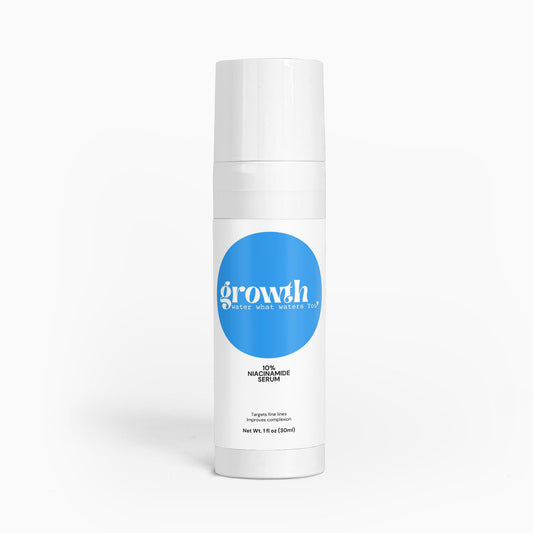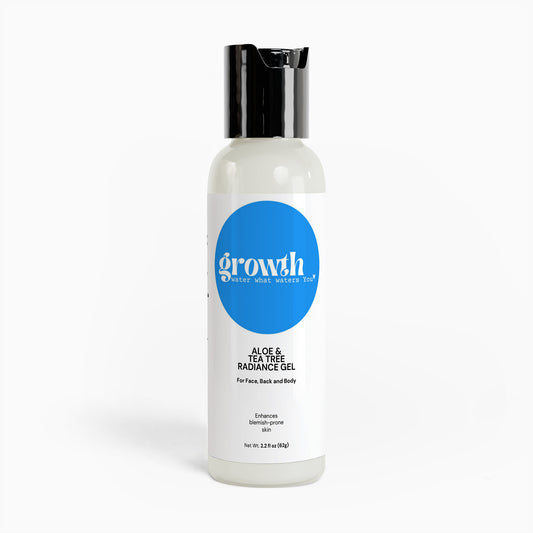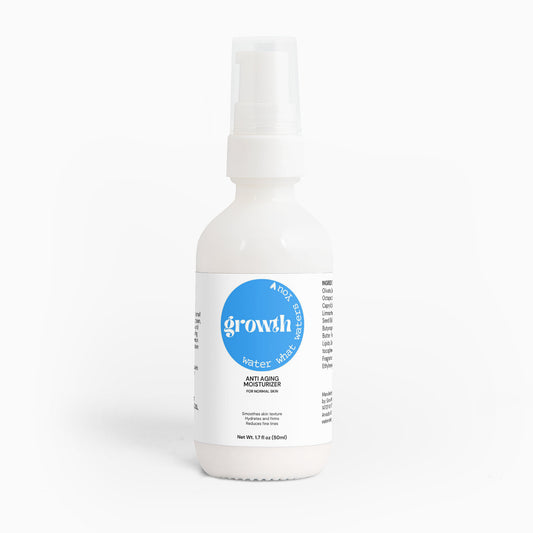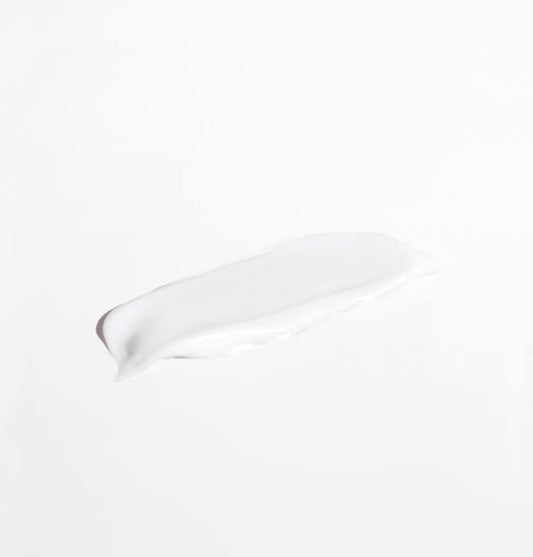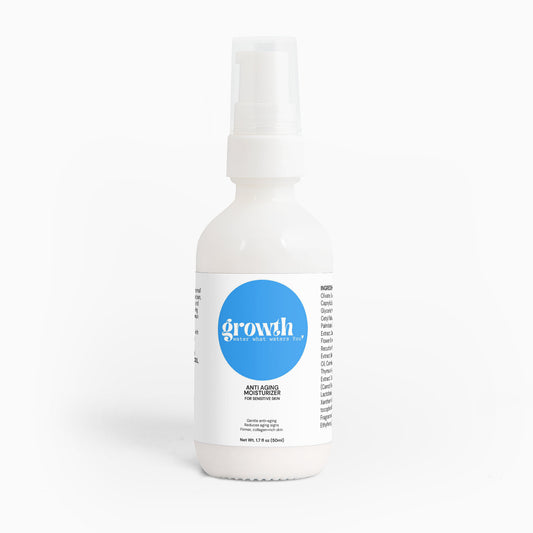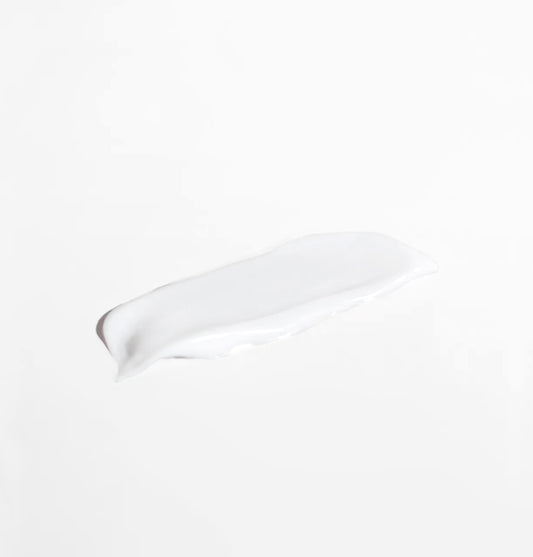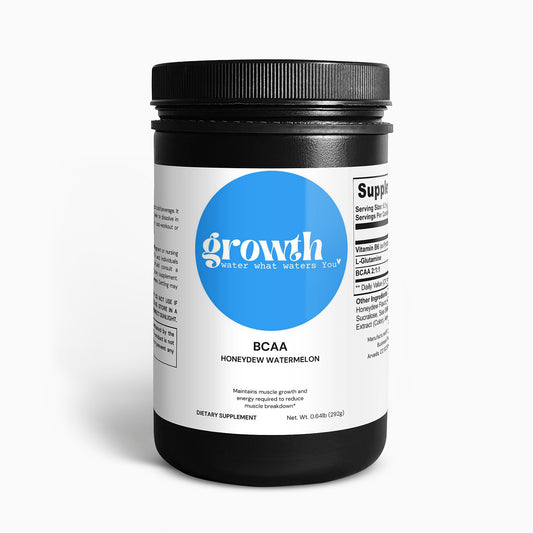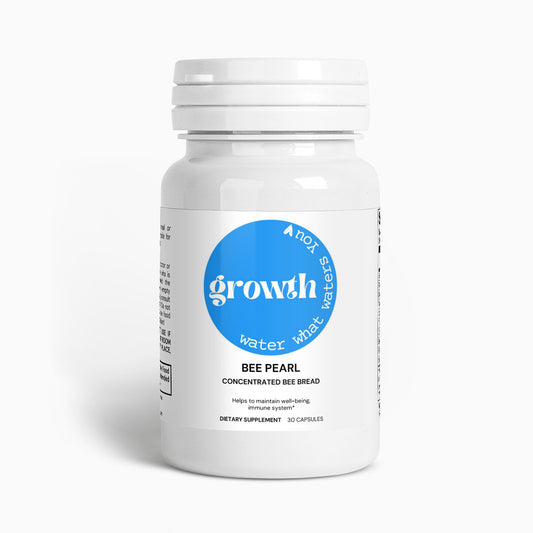
𝚠𝚊𝚝𝚎𝚛 𝚠𝚑𝚊𝚝 𝚠𝚊𝚝𝚎𝚛𝚜 𝚈𝚘𝚞
𝚒𝚜 𝚊 𝚙𝚑𝚛𝚊𝚜𝚎 𝚝𝚑𝚊𝚝 𝚎𝚖𝚙𝚑𝚊𝚜𝚒𝚣𝚎𝚜 𝚝𝚑𝚎 𝚒𝚖𝚙𝚘𝚛𝚝𝚊𝚗𝚌𝚎 𝚘𝚏 𝚗𝚞𝚛𝚝𝚞𝚛𝚒𝚗𝚐 𝚊𝚗𝚍 𝚜𝚞𝚙𝚙𝚘𝚛𝚝𝚒𝚗𝚐 𝚝𝚑𝚎 𝚜𝚘𝚞𝚛𝚌𝚎𝚜 𝚝𝚑𝚊𝚝 𝚗𝚞𝚛𝚝𝚞𝚛𝚎 𝚊𝚗𝚍 𝚜𝚞𝚙𝚙𝚘𝚛𝚝 𝚢𝚘𝚞. 𝙸𝚝 𝚑𝚒𝚐𝚑𝚕𝚒𝚐𝚑𝚝𝚜 𝚛𝚎𝚌𝚒𝚙𝚛𝚘𝚌𝚒𝚝𝚢 𝚊𝚗𝚍 𝚜𝚎𝚕𝚏-𝚌𝚊𝚛𝚎. 𝙱𝚢 𝚒𝚗𝚟𝚎𝚜𝚝𝚒𝚗𝚐 𝚝𝚒𝚖𝚎 𝚊𝚗𝚍 𝚎𝚗𝚎𝚛𝚐𝚢 𝚒𝚗𝚝𝚘 𝚝𝚑𝚎 𝚙𝚎𝚘𝚙𝚕𝚎, 𝚊𝚌𝚝𝚒𝚟𝚒𝚝𝚒𝚎𝚜, 𝚊𝚗𝚍 𝚎𝚗𝚟𝚒𝚛𝚘𝚗𝚖𝚎𝚗𝚝𝚜 𝚝𝚑𝚊𝚝 𝚎𝚗𝚛𝚒𝚌𝚑 𝚢𝚘𝚞𝚛 𝚕𝚒𝚏𝚎, 𝚢𝚘𝚞 𝚎𝚗𝚜𝚞𝚛𝚎 𝚖𝚞𝚝𝚞𝚊𝚕 𝚐𝚛𝚘𝚠𝚝𝚑 𝚊𝚗𝚍 𝚠𝚎𝚕𝚕-𝚋𝚎𝚒𝚗𝚐.
Shop Now
-
10% Niacinamide Serum
Regular price €76,95 EURRegular priceUnit price / per -
Aloe & Tea Tree Radiance Gel
Regular price €48,95 EURRegular priceUnit price / per -
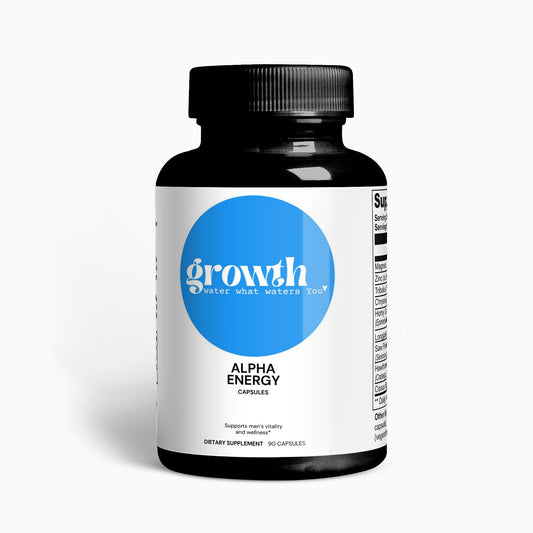
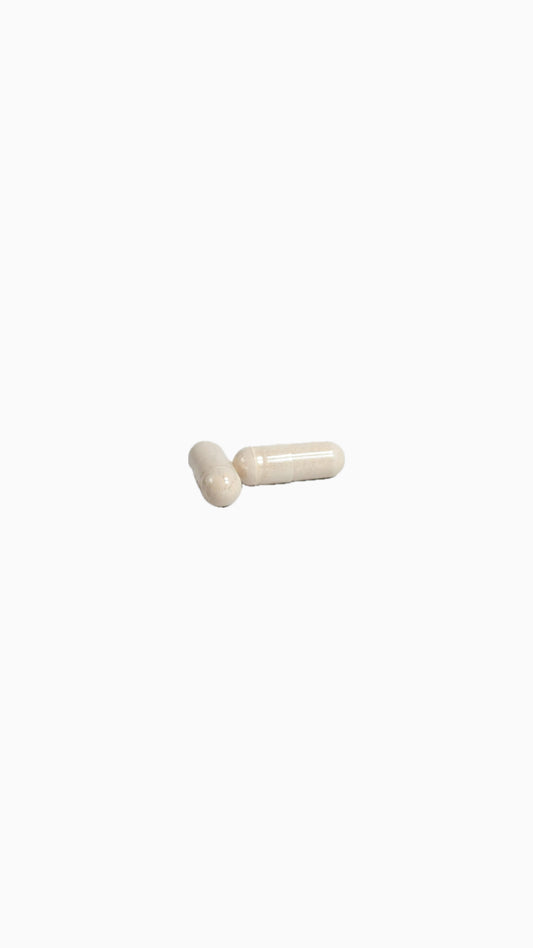 Sold out
Sold outAlpha Energy
Regular price €55,95 EURRegular priceUnit price / per -
Anti Aging Moisturizer for Normal Skin
Regular price €59,95 EURRegular priceUnit price / per -
Anti Aging Moisturizer for Sensitive Skin
Regular price €50,95 EURRegular priceUnit price / per -
BCAA Post Workout Powder (Honeydew/Watermelon)
Regular price €84,95 EURRegular priceUnit price / per -
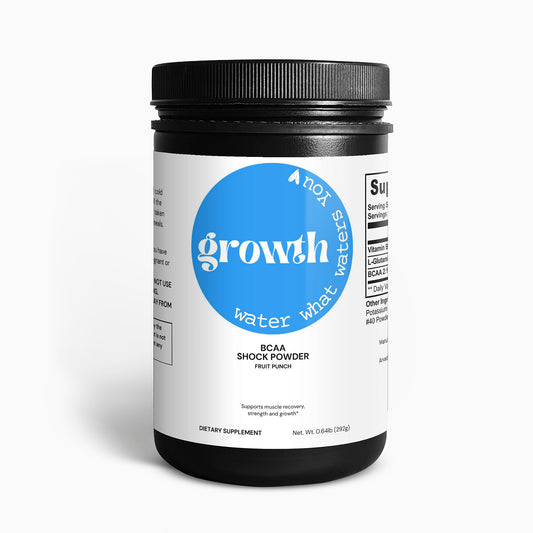
 Sold out
Sold outBCAA Shock Powder (Fruit Punch)
Regular price €60,95 EURRegular priceUnit price / per

𝙳𝚊𝚢 𝟷 𝚘𝚏 𝟹𝟼𝟻
𝙸𝚝 𝚍𝚘𝚎𝚜𝚗'𝚝 𝚖𝚊𝚝𝚝𝚎𝚛 𝚠𝚑𝚎𝚛𝚎 𝚢𝚘𝚞 𝚌𝚘𝚖𝚎 𝚏𝚛𝚘𝚖, 𝚠𝚑𝚘𝚎𝚟𝚎𝚛 𝚢𝚘𝚞 𝚠𝚊𝚗𝚝 𝚝𝚘 𝚋𝚎𝚌𝚘𝚖𝚎 ,,𝚊 𝚠𝚊𝚛𝚖 𝚖𝚘𝚝𝚑𝚎𝚛 𝚘𝚛 𝚊 𝚜𝚞𝚌𝚌𝚎𝚜𝚜𝚏𝚞𝚕 𝚏𝚊𝚝𝚑𝚎𝚛 𝚘𝚛 𝚓𝚞𝚜𝚝 𝚏𝚘𝚛 𝚢𝚘𝚞𝚛𝚜𝚎𝚕𝚏’‘ 𝚏𝚒𝚛𝚜𝚝 𝚢𝚘𝚞 𝚖𝚞𝚜𝚝 𝚑𝚊𝚟𝚎 𝚑𝚎𝚊𝚕𝚝𝚑, 𝚘𝚗𝚕𝚢 𝚠𝚑𝚎𝚗 𝚢𝚘𝚞 𝚑𝚊𝚟𝚎 𝚑𝚎𝚊𝚕𝚝𝚑 𝚠𝚒𝚕𝚕 𝚝𝚑𝚎 𝚠𝚘𝚛𝚕𝚍 𝚋𝚎 𝚒𝚜 𝚢𝚘𝚞𝚛𝚜.𝙰𝚗𝚍 𝚘𝚗𝚕𝚢 𝚝𝚑𝚎𝚗 𝚌𝚊𝚗 𝚢𝚘𝚞 𝚎𝚗𝚓𝚘𝚢 𝚝𝚑𝚎 𝚌𝚘𝚕𝚘𝚛𝚜 𝚘𝚏 𝚝𝚑𝚎 𝚄𝚗𝚒𝚟𝚎𝚛𝚜𝚎
𝚃𝚑𝚎 𝚎𝚏𝚏𝚎𝚌𝚝𝚜 𝚘𝚏 𝚝𝚑𝚎 𝚙𝚛𝚘𝚍𝚞𝚌𝚝 𝚍𝚘 𝚗𝚘𝚝 𝚐𝚒𝚟𝚎 𝚒𝚖𝚖𝚎𝚍𝚒𝚊𝚝𝚎 𝚛𝚎𝚜𝚞𝚕𝚝𝚜, 𝚋𝚞𝚝 𝚢𝚘𝚞 𝚠𝚒𝚕𝚕 𝚜𝚎𝚎 𝚝𝚑𝚎𝚖 𝚊𝚏𝚝𝚎𝚛 𝚊 𝚙𝚎𝚛𝚒𝚘𝚍 𝚘𝚏 𝚙𝚎𝚛𝚜𝚒𝚜𝚝𝚎𝚗𝚌𝚎.𝙸𝚝'𝚜 𝚕𝚒𝚔𝚎 𝚊 𝚃𝚑𝚎𝚛𝚊𝚙𝚢 𝙶𝚊𝚛𝚍𝚎𝚗.
𝙱𝚎𝚌𝚊𝚞𝚜𝚎 𝚠𝚎 𝚠𝚊𝚗𝚝 𝚢𝚘𝚞 𝚝𝚘 𝚑𝚊𝚟𝚎 𝚐𝚘𝚘𝚍 𝚑𝚎𝚊𝚕𝚝𝚑 𝚊𝚗𝚍 𝚋𝚎𝚊𝚞𝚝𝚒𝚏𝚞𝚕 𝚊𝚙𝚙𝚎𝚊𝚛𝚊𝚗𝚌𝚎, 𝚠𝚎 𝚍𝚘𝚗'𝚝 𝚏𝚘𝚛𝚐𝚎𝚝 𝚝𝚘 𝚐𝚎𝚝 𝚑𝚒𝚐𝚑 𝚚𝚞𝚊𝚕𝚒𝚝𝚢, 𝚗𝚊𝚝𝚞𝚛𝚊𝚕 𝚙𝚛𝚘𝚍𝚞𝚌𝚝𝚜 and made with love for you.
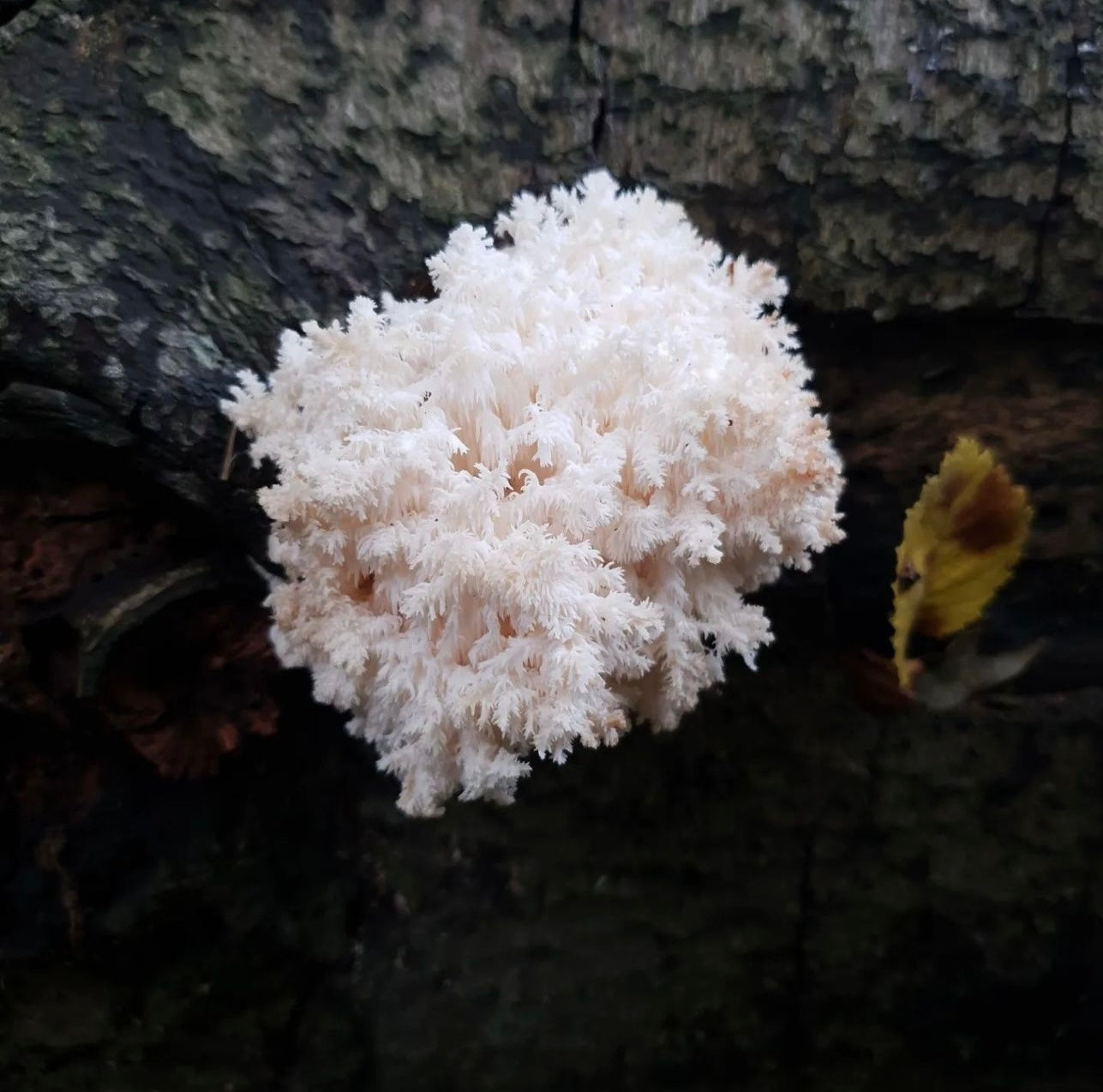
Lion‘s Mane
Lion's Mane, also known as Hericium erinaceus, has actually long been used in traditional Asian medicine, particularly by Buddhist monks who used it to promote focus and relaxation during their studies and meditations. Recently, Lion's Mane has also attracted the attention of scientists who are studying its potential brain health benefits and immune system support. Studies suggest that Lion's Mane may have neuroprotective properties and may also boost the immune system.
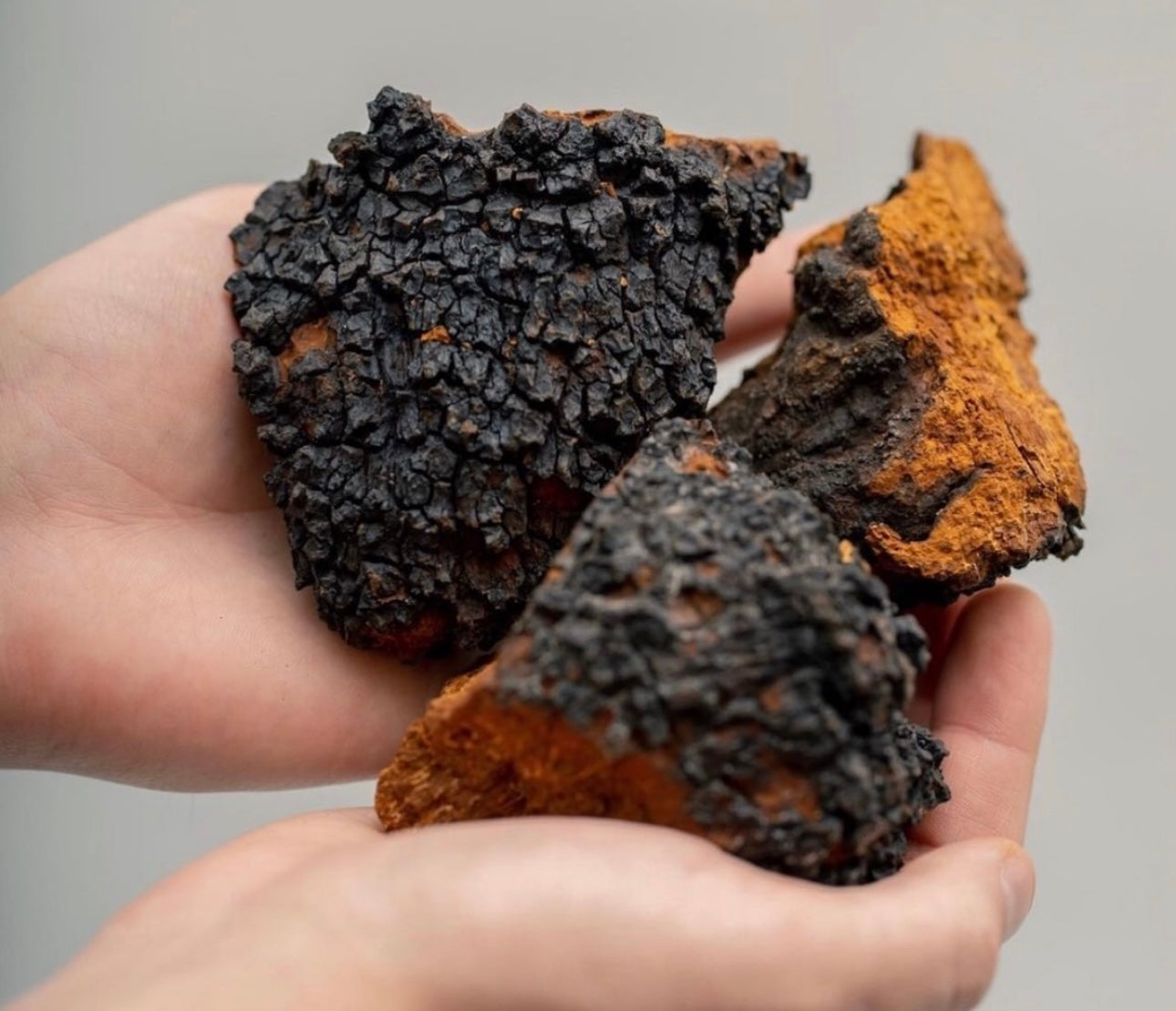
Chaga
Chaga, also known as "God's gift" or "king of herbs," is a mushroom that grows mainly on birch trees and is traditionally valued for its health-promoting properties. As early as the 16th century, Chaga was mentioned in ancient texts as a means of strengthening the immune system and promoting general health. During World War II, Chaga found a special application in Finland: it was used as a coffee substitute, which underlines its versatility and importance in Finnish culture.
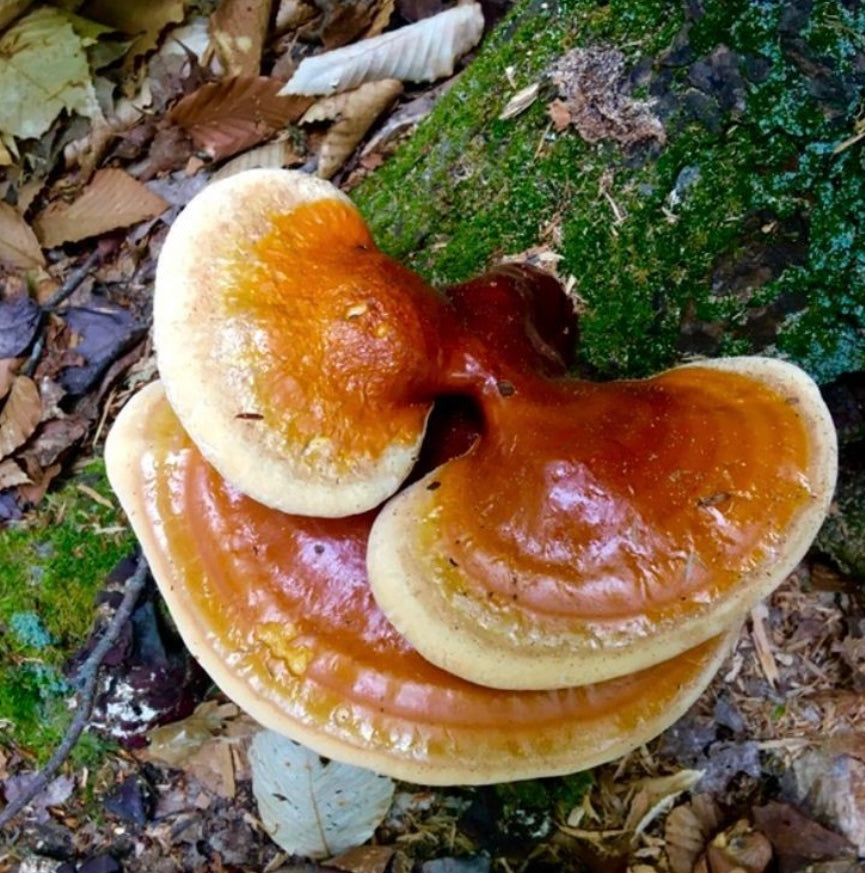
Reishi
The Reishi mushroom, also known as the "mushroom of immortality," is a major adaptogen that has been used in traditional Chinese medicine (TCM) for thousands of years. Its versatile uses include improving mood and relieving anxiety, properties that have earned it a reputation for being "healing for the mind." Often consumed in the form of tea, extracts, or powder, the Reishi mushroom is believed to help the body better cope with stress and promote overall well-being through its adaptogenic properties.
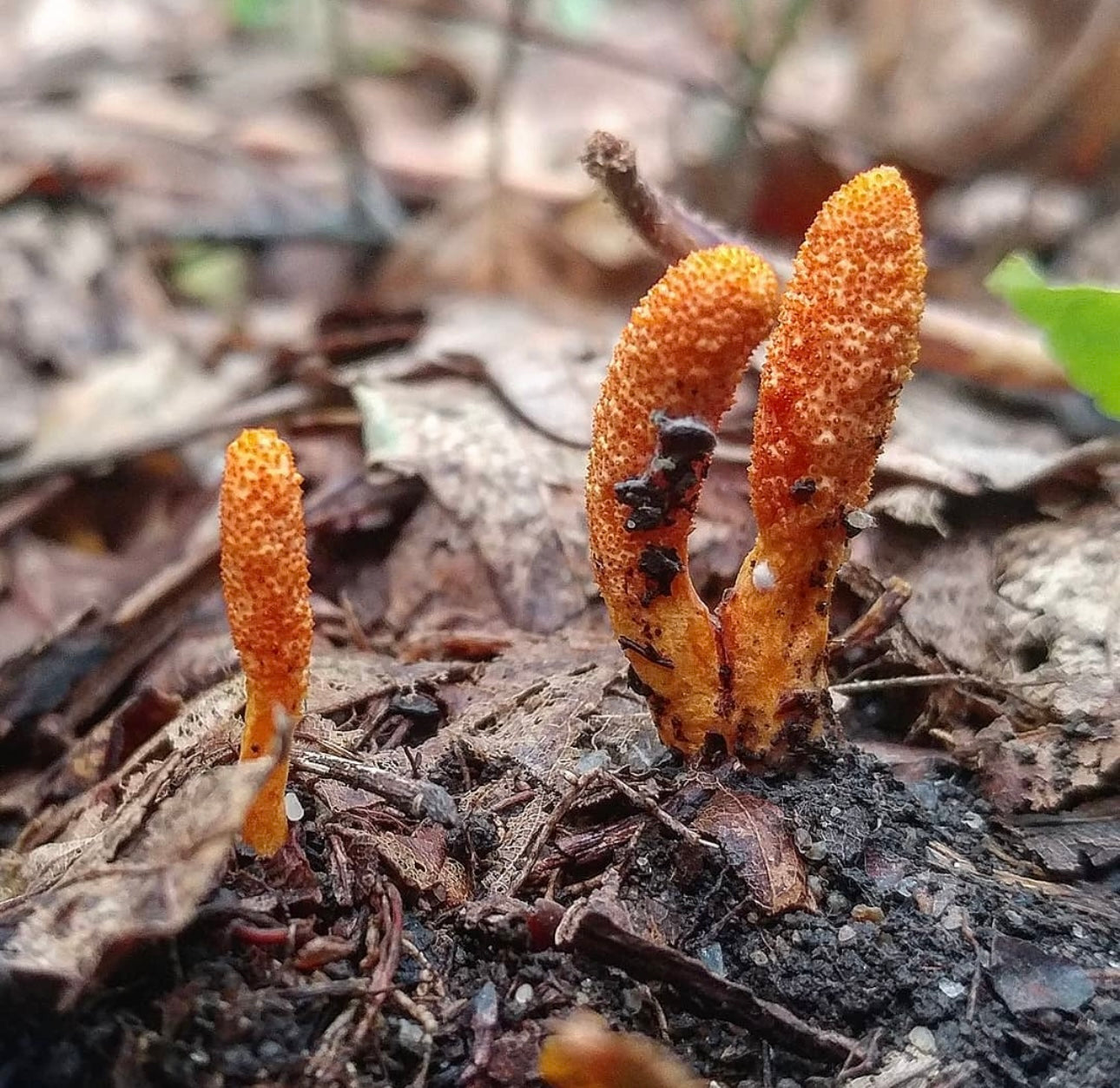
Cordyceps
Cordyceps, which is mainly found in the high altitudes of the Qinghai-Tibet Plateau in southwest China, has historically been used in traditional Chinese and Tibetan medicine primarily to improve energy and endurance.
Cordyceps (Cordyceps sinensis) has been used in TCM for over 1,500 years.
It is known for its performance-enhancing, adaptogenic and immune-modulating properties.
contained in: the FOCUS products
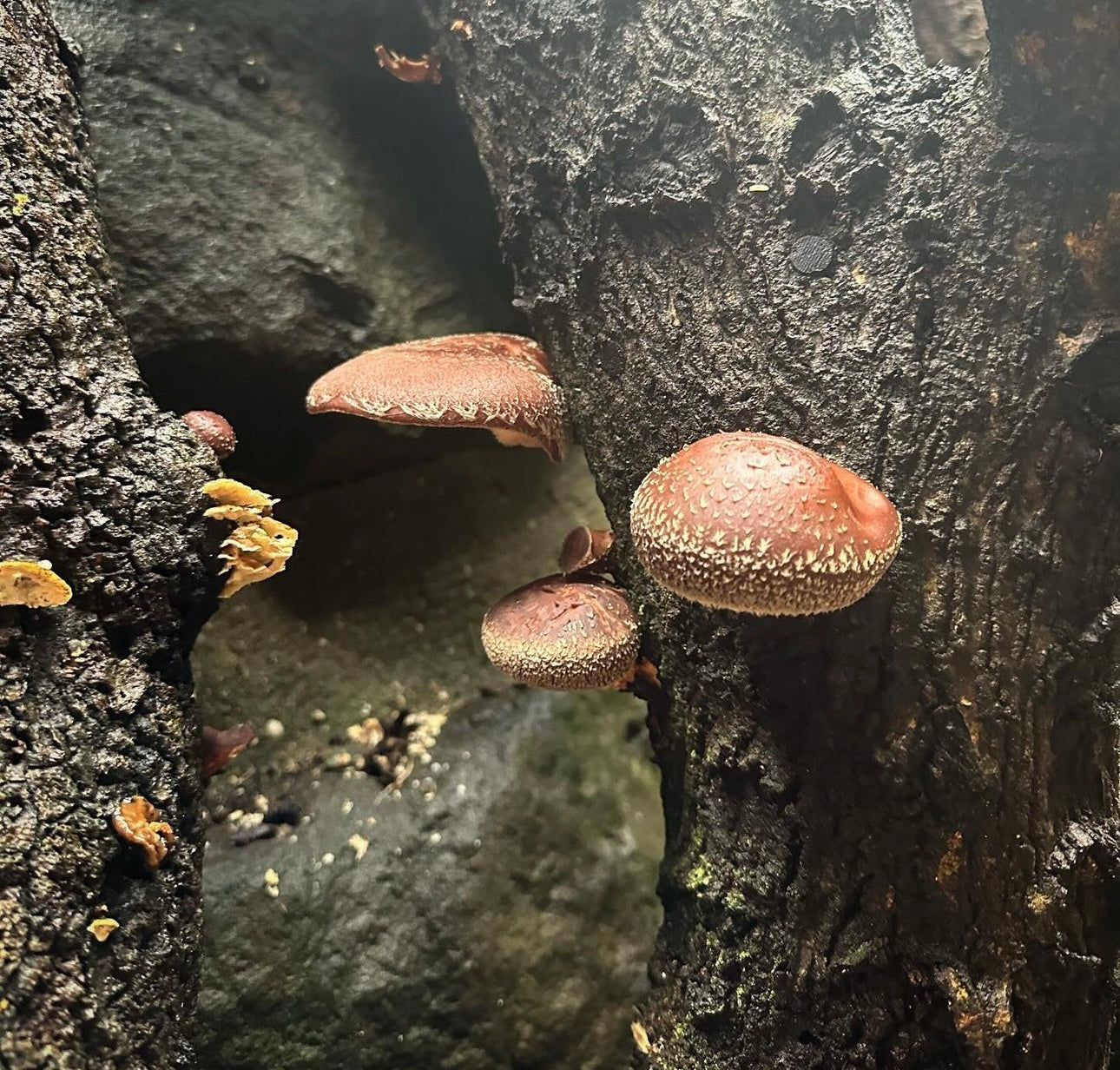
Shiitake
Shiitake mushrooms are known for their many health benefits. Here are the effects in detail:
*Antiviral: Shiitake mushrooms contain compounds such as polysaccharides and beta-glucans, which can strengthen the immune system and have antiviral effects.
*Antibacterial: They have antimicrobial properties that work against various bacteria and can help fight infections.
*Blood lipid lowering: Shiitake mushrooms can help lower cholesterol, particularly through the ingredient eritadenine.
*Blood sugar lowering: They have blood sugar lowering effects that are supported by improving insulin sensitivity and inhibiting glucose absorption.
*Benefits for gut health: The fiber and prebiotics they contain promote healthy gut flora and improve digestion.
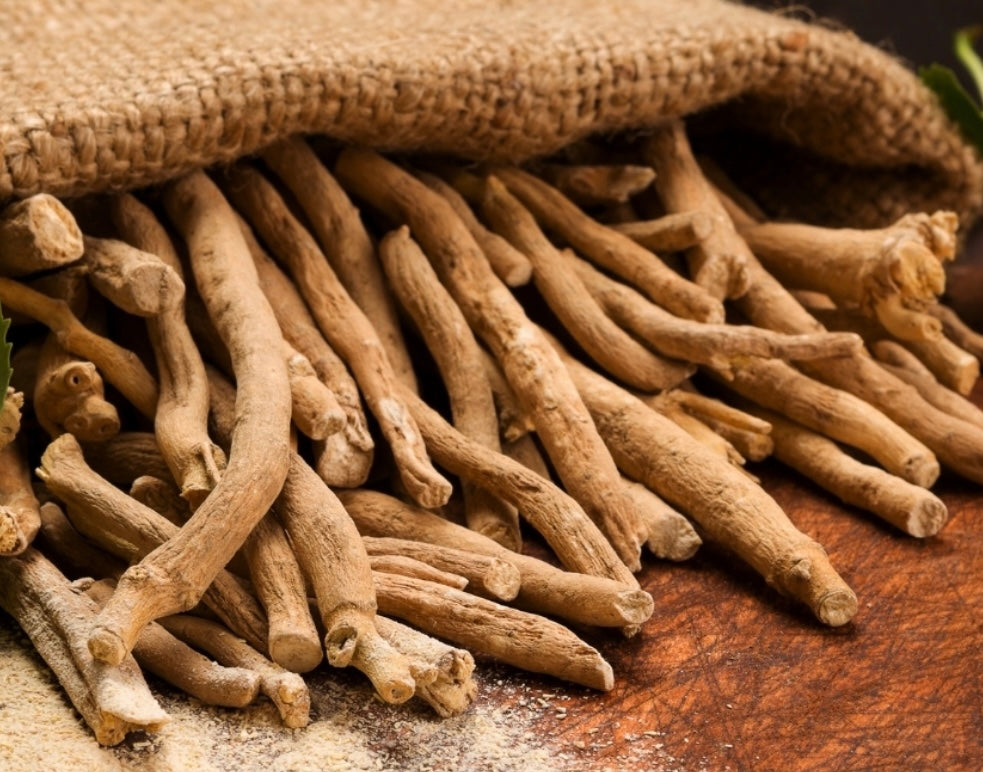
Ashwagandha
The use of Ashwagandha has been described in sacred Ayurvedic texts dating back 4,000 years and is said to help relieve stress and anxiety and promote general well-being and quality of life. Classified as an adaptogen, Ashwagandha is also attracting increasing interest from scientists conducting studies on stress reduction, athletic performance and brain function.
